Physical Literacy & TGfU
Physical literacy has become an important outcome across many educational, sport, and recreation settings in Canada. Research from Brock University finds pedagogical strategies that incorporate a Teaching Games for Understanding approach can support the development of physical literacy among elementary-school-aged youth.
Examining Positive Youth Development in Elite Sport Contexts Using Photo Elicitation
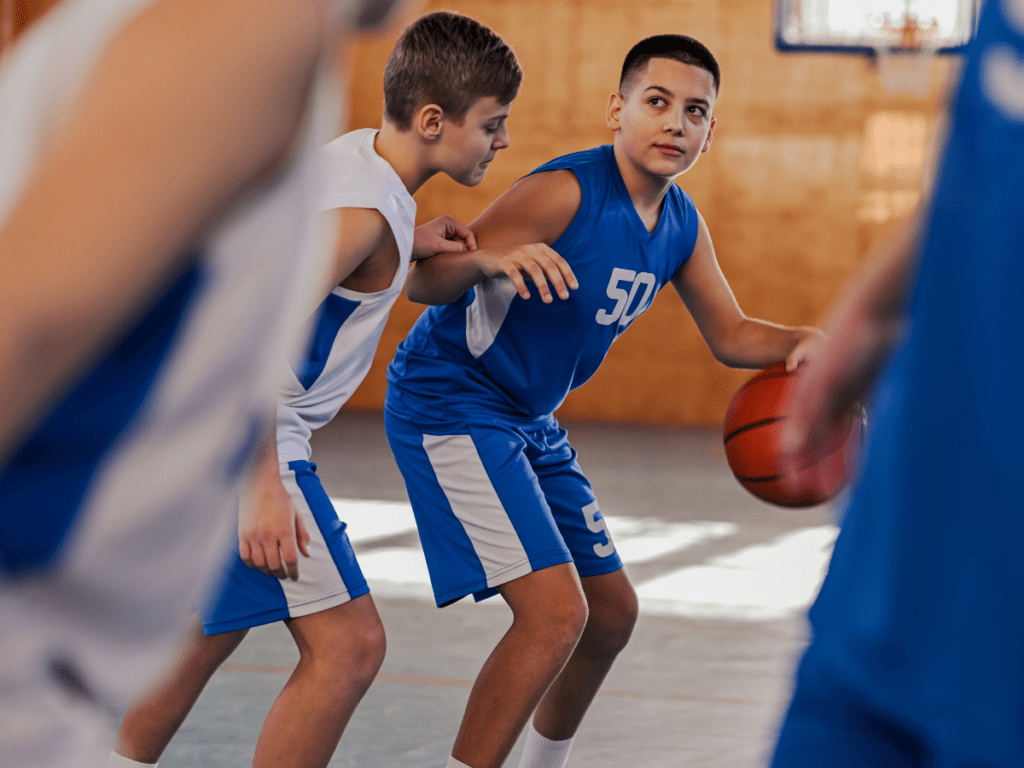
Project Summary Previous research in the field of positive youth development has highlighted the importance of extracurricular activities, such as sport, in developing healthy youth (Larson, 2000, Petitpas et al., 2005). Further, the National Research Council Institute of Medicine (NRIM, 2002) have suggested eight setting features that are critical to the growth of positive young…
Understanding and coping among adolescent athletes
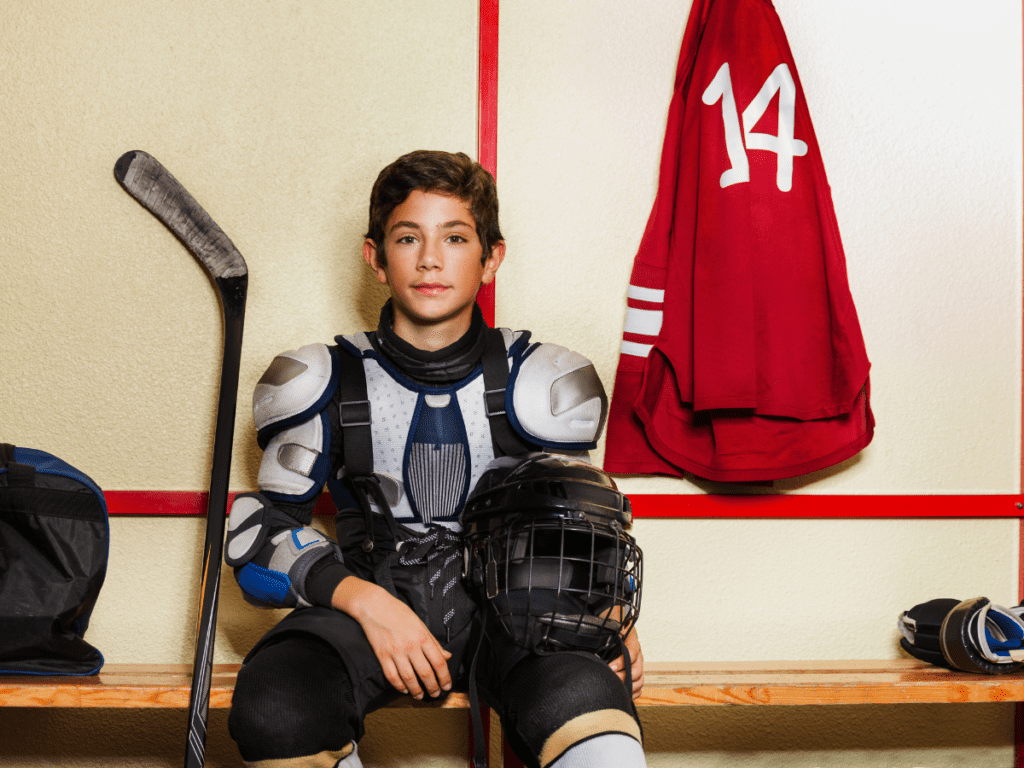
View the summary of this research here. Project summary Research Objectives: Participation in youth sport is associated with a variety of positive developmental outcomes among adolescents, however studies of recreational and competitive youth sport contexts have revealed stressors which include not having fun, an overemphasis on winning, conflicts with coaches or opponents, or parental pressures…
Canadian Olympic Activity Challenge Cards
Looking for ideas to activate your classroom or recreational program this winter? The Winter Olympic Games edition of the Canadian Olympic Activity Challenge Cards features 12 physical activity challenges for the classroom, gymnasium or outside.
International Mentoring Day 2020
Tri-level mentoring is a model in which coaches mentor youth leaders who then mentor their peers or younger youth. In this way, the benefits of effective mentorship cascade to influence positive developmental outcomes for all youth involved in programming. In recognition of International Mentoring Day, read more about how tri-level mentoring supports youth leadership development…
Walk to Tuk 2020
SIRC and the Aboriginal Sport Circle have teamed up to walk to Tuk . . . virtually! Walk to Tuk is an annual community walking challenge the distance of Big River, from Fort Providence to Tuktoyaktuk, in the Northwest Territories – a total of 1,658 kilometers. This initiative aims to help community members, schools, and…
An Analysis of High School Sport
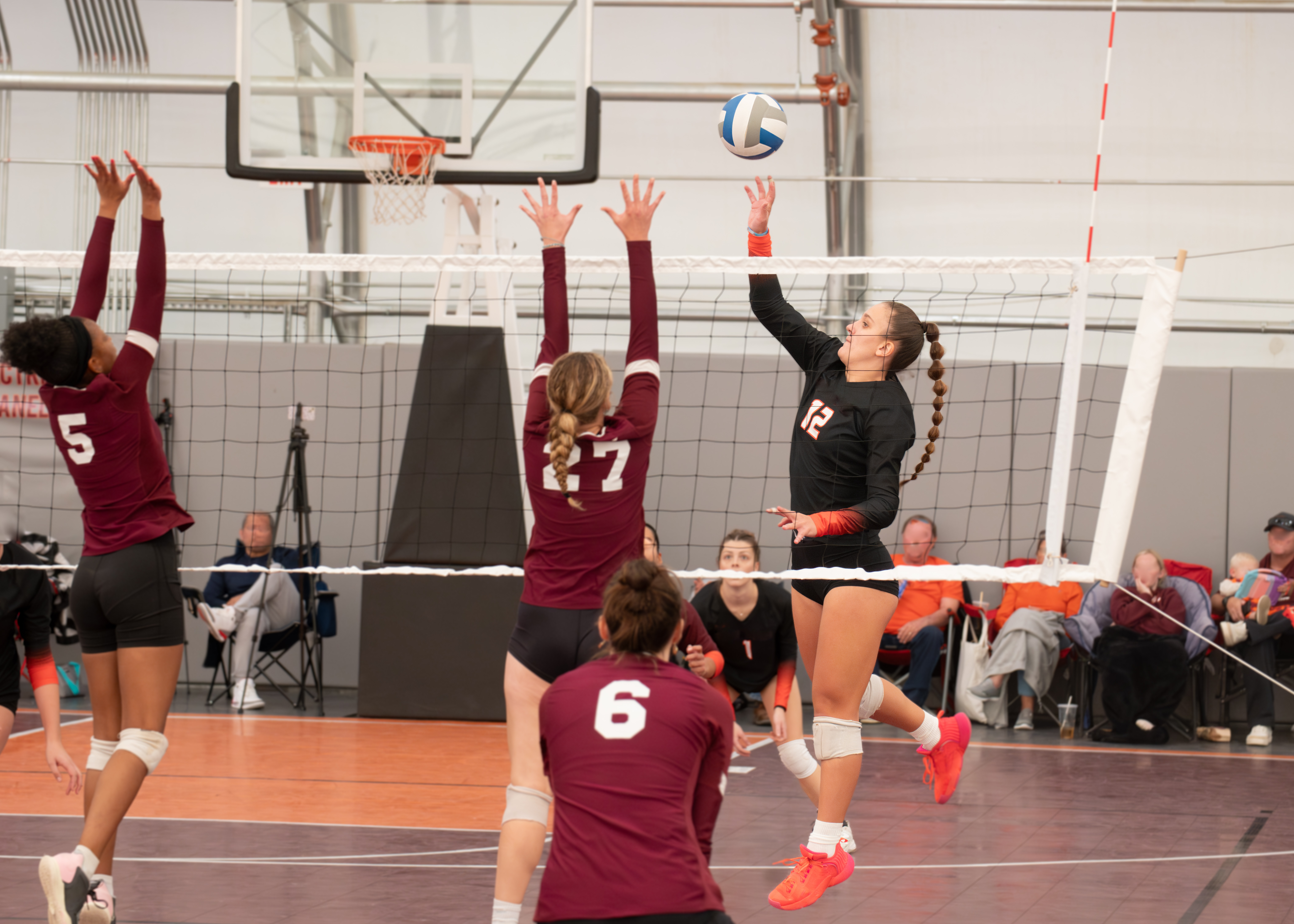
Project Summary Among the various opportunities young people have to practise sports, school sports are of particular interest because the ultimate goal of schools is to shape our future citizens. Although school sport has become increasingly popular in Canada, there are very few studies enabling us to assess whether it is achieving its stated mission…
2020 Youth Winter Games
The Youth Olympic Games are an international Olympic sporting event aimed to encourage youth to adopt and represent the positive values of sport, such as respect for others, for themselves and for the environment. Approximately 1,880 athletes aged 15-18 will represent more than 80 countries in Lausanne, Switzerland from January 9-22, 2020.
Relative Age, Recreation Sport Participation and Youth Development
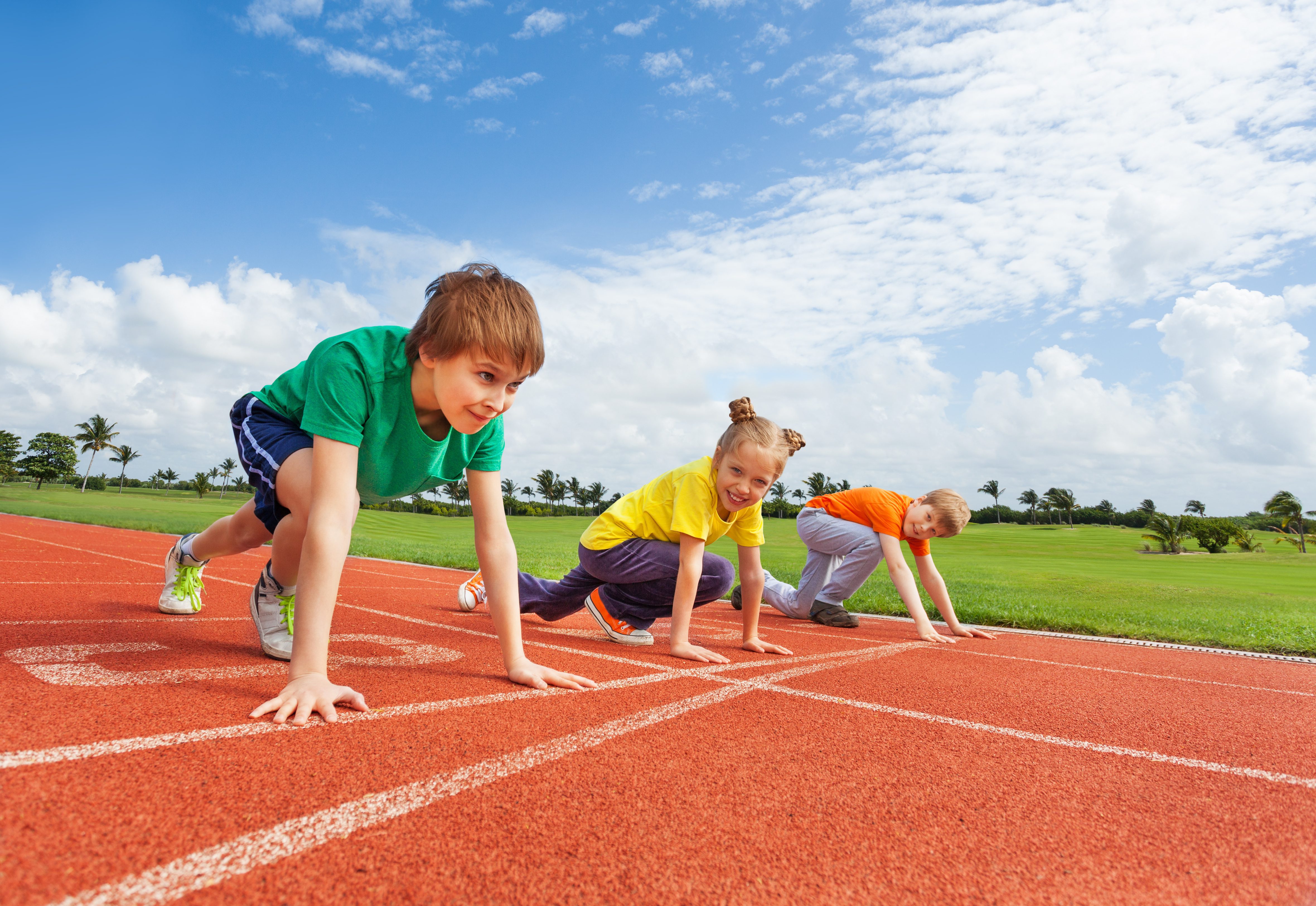
Project Summary In both youth sport and education, children and adolescents are grouped into cohorts by using annual age grouping policies, whereby a child must be a certain age by a specified selection date (e.g., December 315). Relative age describes the fact that children born early in their cohort/selection year (e.g., January) will be relatively…
Organized youth sport, parenthood ideologies and gender relations: Parents’ and children’s experiences and the construction of “team family”
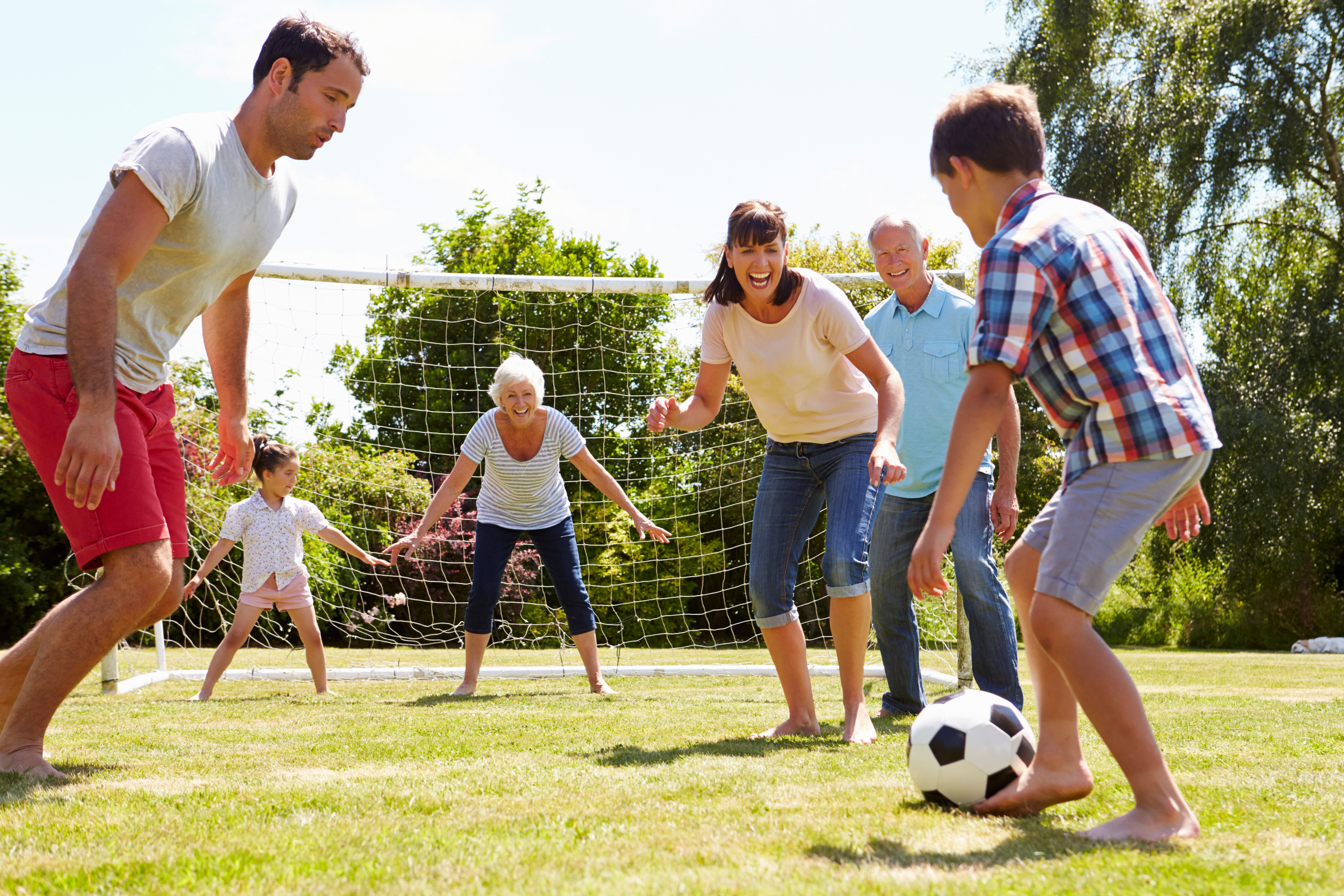
Project Summary This study sought to understand how family relationships, interactions, and values are shaped by children’s sport involvement, and the social and cultural context in which their sport participation occurs. The themes that emerged from this study reflect the contradictory nature of organized youth sport, including the strengthening of familial relationships, as well as…